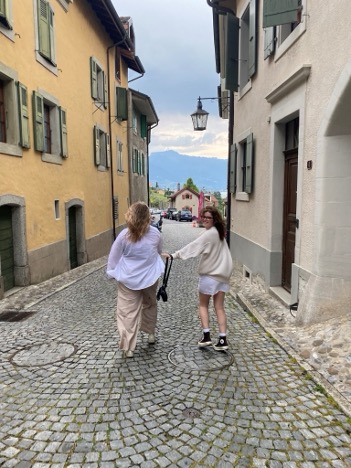-
Page Empty
Journalism Student Hopes Her Future Career Path Involves a Return to London

-
Page Empty
CELOP Celebrates 50 Years of Helping Students

-
Page Empty
Senior Research Fellow and International Scholar Studies the Intersection of Pharmacy and Public Health

-
Page Empty
Clinical Associate Professor and International Scholar Strives to Advance Dental Education and Bring a Global Perspective

-
Page Empty
Reflections on my Study Abroad Experience in Berlin

-
Page Empty
Two Different Study Abroad Experiences Teach Violet Barton How to Step into a New World and Succeed

-
Page Empty
Engineering Abroad: BU Sophomores Solve Differential Equations and More in Sydney, Madrid & Grenoble

-
Page Empty
3 STEM Students Weigh in on Studying Abroad, Share Highlights

-
Page Empty
An Inside Look at The International Peer Mentor Program

-
Page Empty
For Spanish Minor Riley Minns, Madrid Offered Countless Opportunities for Growth and Exploration
